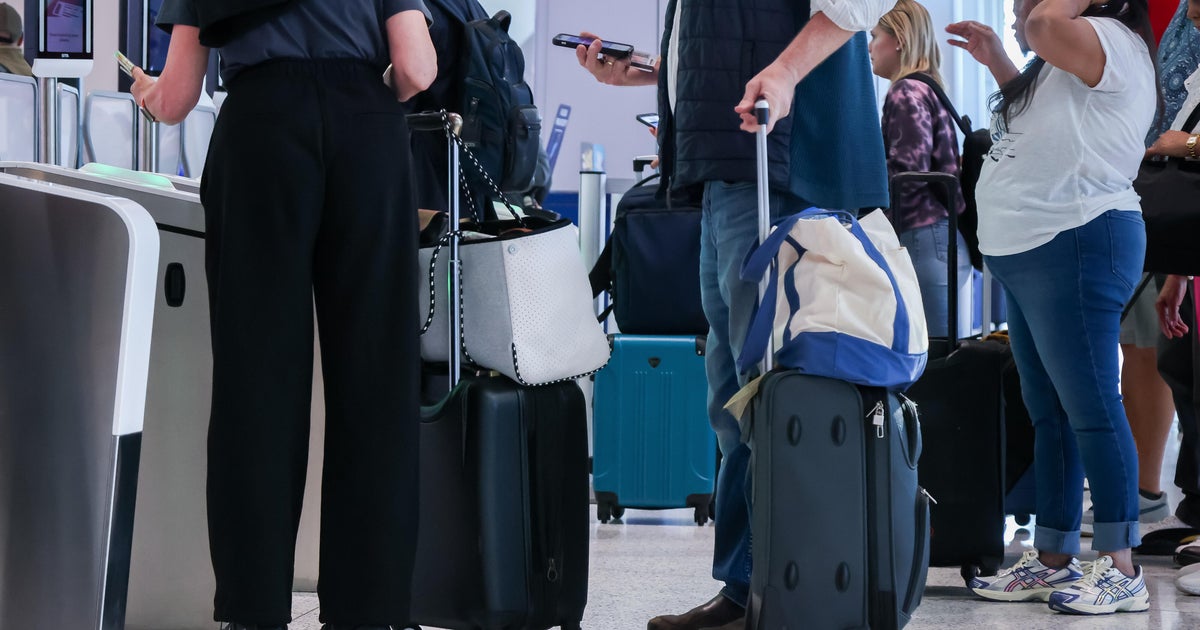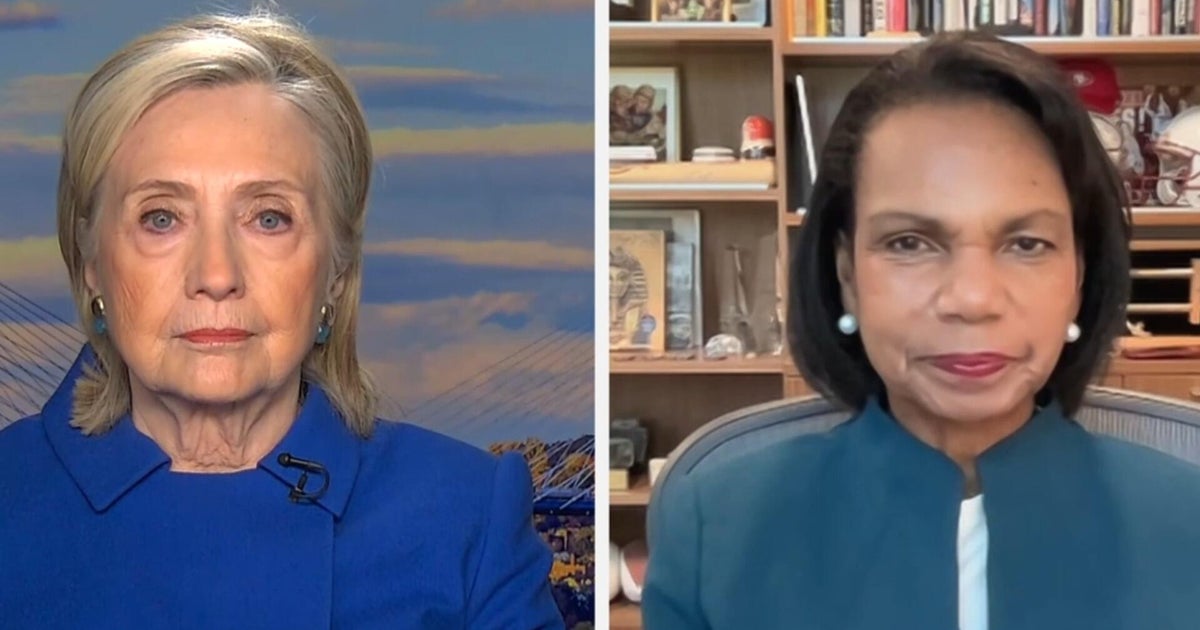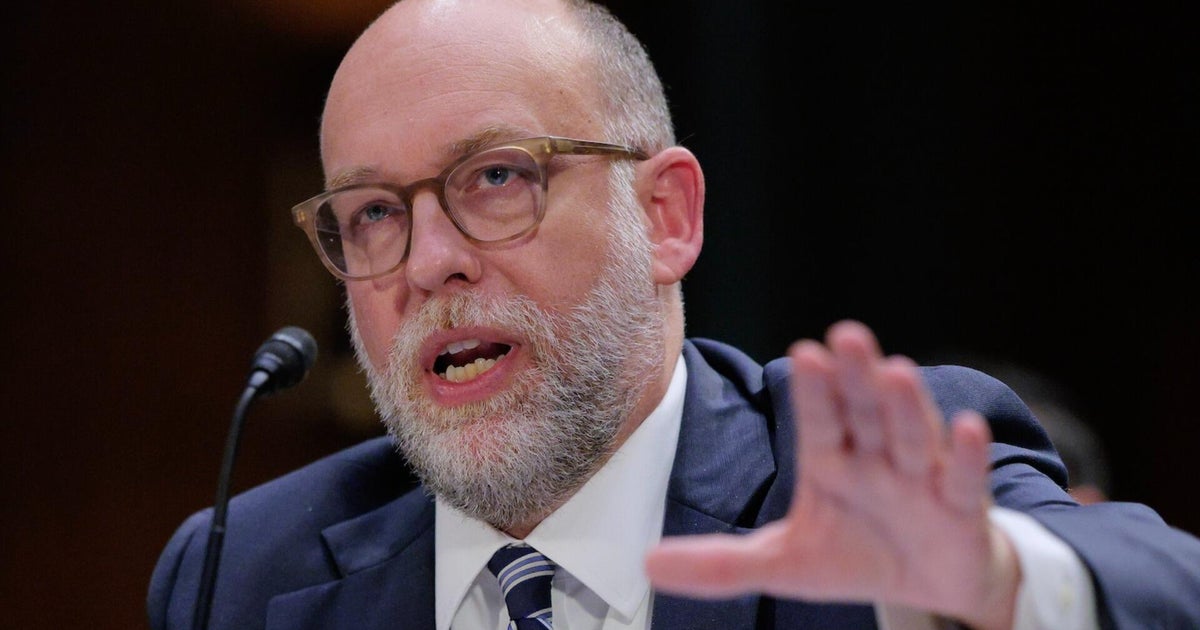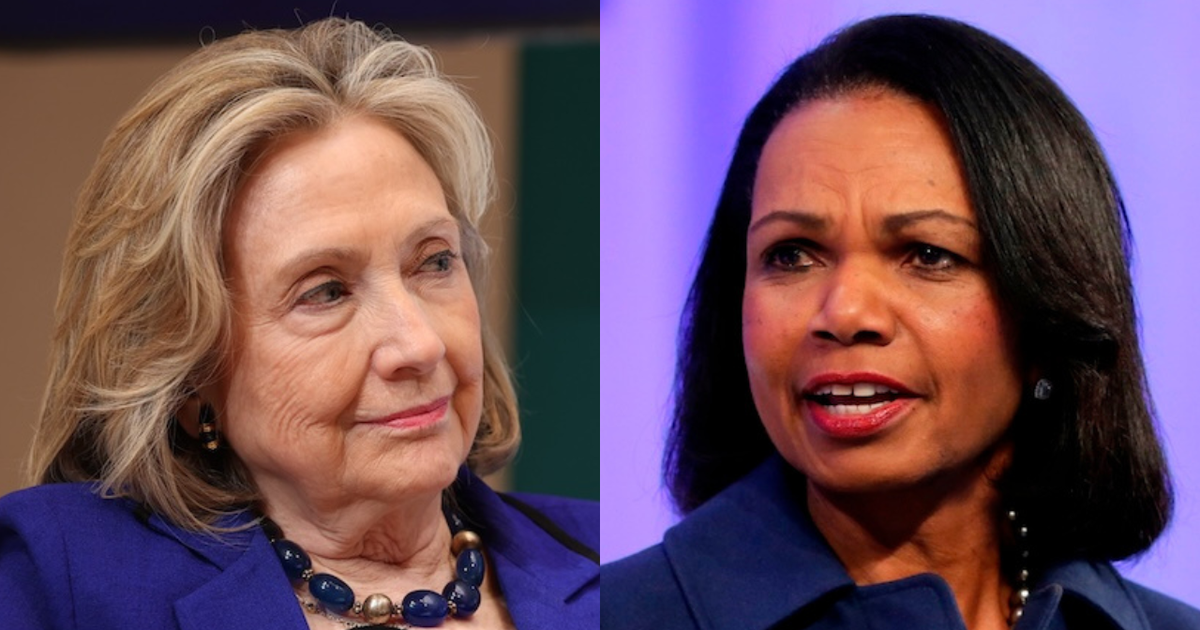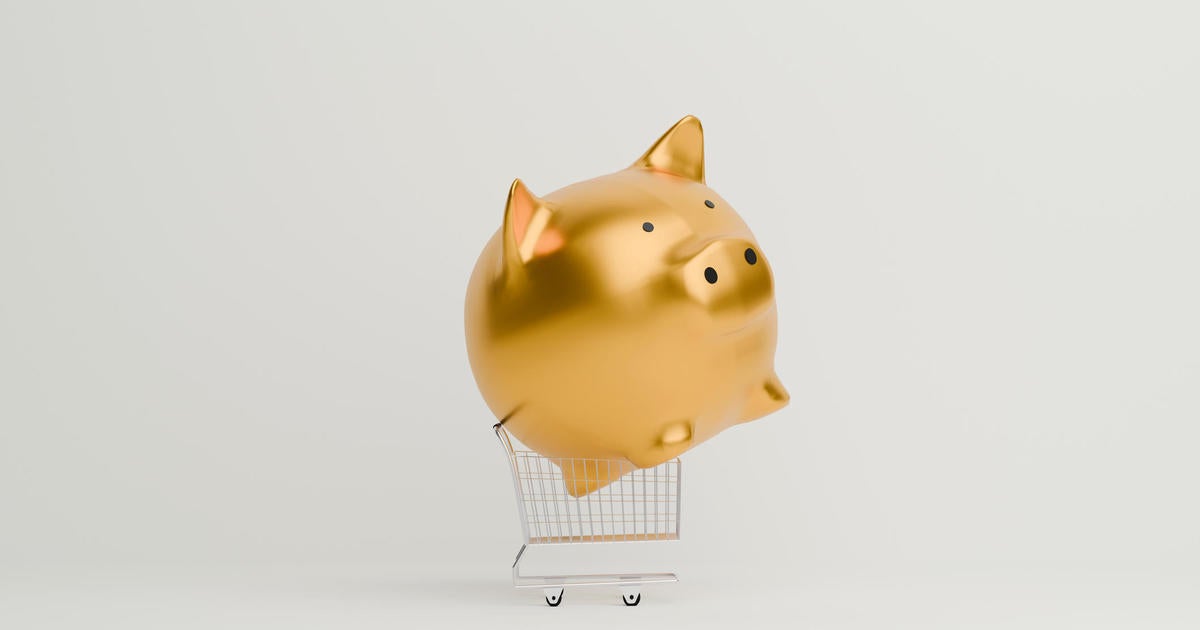Charlotte EdwardsBusiness reporter

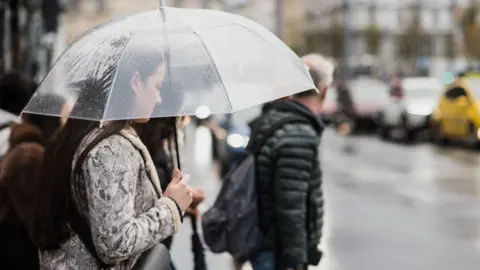 Getty Images
Getty Images
UK government borrowing in August hit the highest level for the month in five years, latest figures show, adding to the pressure on the chancellor ahead of the Budget.
Borrowing - the difference between public spending and tax income - was £18bn in August, the Office for National Statistics (ONS) said, which was higher than analysts had expected.
The UK statistics body said that while tax and National Insurance receipts increased, they were outstripped by higher spending on public services, benefits and debt interest.
One analyst said Rachel Reeves faced "tough choices" in the Budget to meet her tax and spending rules, with speculation building that taxes will rise.
Borrowing over the first five months of the financial year has now reached £83.8bn, the ONS said.
That is £16.2bn higher than the same period last year, and is also above the prediction of £72.4bn that the government's official forecaster, the Office for Budget Responsibility, had made in March.
James Murray, Chief Secretary to the Treasury, said: "This Government has a plan to bring down borrowing because taxpayer money should be spent on the country's priorities, not on debt interest.
"Our focus is on economic stability, fiscal responsibility, ripping up needless red tape, tearing out waste from our public services, driving forward reforms, and putting more money in working people's pockets."
The ONS data showed the government's interest payments on debt rose by £1.9bn to £8.4bn, partly due to inflation pushing up costs.
Welfare spending increased by £1.1bn to £27.3bn, largely driven by inflation-linked benefit rises and higher State Pension payments.

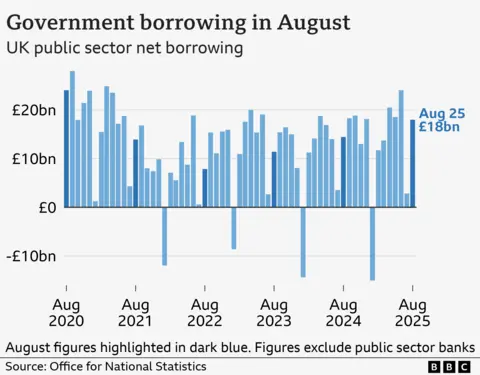
Paul Dales, chief UK economist at Capital Economics, said the latest figures, "highlight the deteriorating nature of the public finances even though the economy hasn't been terribly weak".
He added that this would contribute to the chancellor having to money in November's Budget, "mostly through higher taxes".
Nabil Taleb, an economist at PwC UK, said: "Months of high borrowing and the political challenge of cutting spending have all but wiped out the chancellor's headroom."
He said Reeves now faced "tough choices, and the test will be whether she can make them palatable to voters and markets".
Separate data from the ONS showed that good weather brought a boost to the High Street in August.
Retail sales rose by 0.5% during the month, slightly higher than analysts had expected, with butchers, bakers, clothing stores and online shopping all reporting growth.
The figures come despite warnings from some retailers in recent days of cost pressures and price rises.
However, the monthly shop sales data from the ONS can be volatile.
Over the three months to August sales declined by 0.1%, the ONS said, compared with the three months to May.

 3 weeks ago
13
3 weeks ago
13

